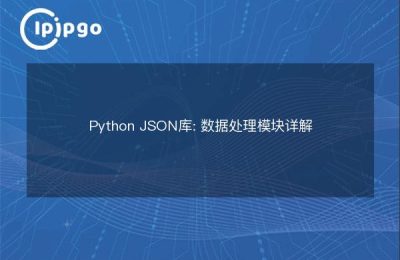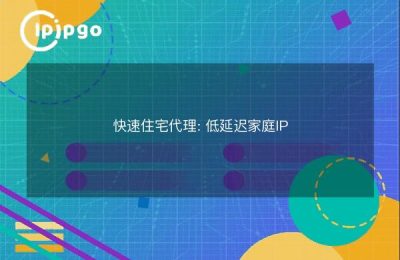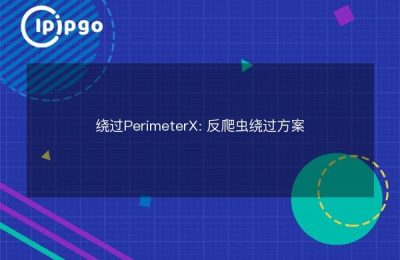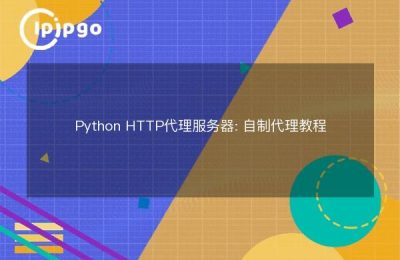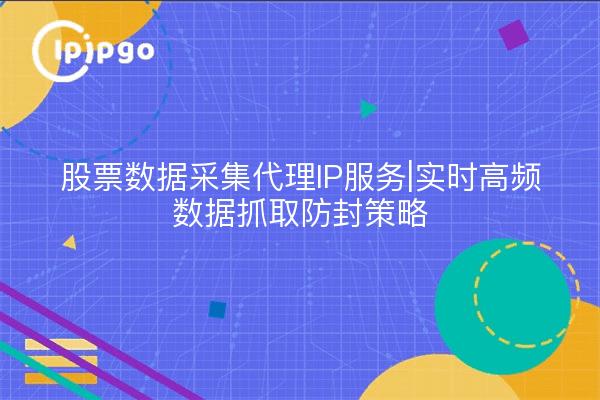
Why do I have to use a proxy IP for stock data collection?
When doing stock high-frequency data collection, many novices will directly use their computer's IP address to capture, and the result is often encounteredBanning faster than stock price fluctuations. Securities websites are extremely sensitive to high-frequency access, and dozens of consecutive requests from ordinary users will trigger wind control. At this time it is necessary to use proxy IP to disperse the real request to different IP addresses, so that the target website thinks it is the behavior of multiple natural users.
The Three Deadly Wounds of Choosing the Wrong Proxy IP
There are various types of proxy IPs on the market, and choosing the wrong type will lead to collection failure:
Data Center IP: Cheap but distinctive features, securities platforms can easily identify server room IP segments
Low quality residential IP: Blacklisted IPs are reused and may be blocked just after connection
protocol incompatibility: Some agents don't support special protocols such as websocket and can't get real-time quotes.
| Agent Type | Applicable Scenarios | life cycle |
|---|---|---|
| Dynamic Residential IP | high frequency polling | 1-30 minutes |
| Static Residential IP | Long link subscription | 1-24 hours |
ipipgo practical program: 3 steps to build anti-blocking system
Illustrated with an actual case study of a domestic quantitative team:
1. Distributed IP Pool Setup: Get global residential IPs via ipipgo's API, suggest calling both!More than 5 national nodesFormation of geographical distribution
2. Intelligent switching strategy: Set up automatic IP change every 50 requests, and switch immediately when encountering HTTP 429 status code.
3. Traffic camouflage techniques: Randomly generate device fingerprints in request headers to keep parameters such as User-Agent, screen resolution, etc. dynamically changing
Five guides to avoiding the pitfalls of high-frequency acquisition
① Avoid the whole time: before and after the exchange data update time, the server wind control is the most stringent
② control the number of concurrency: a single IP concurrency does not exceed 3 threads
③ Simulation of manual intervals: set a random delay between 2 and 8 seconds
④ Setting up a fusion mechanism: when an IP fails for 3 consecutive times, it will automatically suspend its use for 2 hours.
⑤ Real-time monitoring of availability: Get IP health data in real time through ipipgo's API status interface.
Frequently Asked Questions QA
Q: What should I do if I encounter a CAPTCHA?
A: Immediately stop the request from the current IP, switch the static IP for city-level localization via ipipgo, and re-establish the session
Q: How do I handle the need to collect U.S. stock data?
A: Use ipipgo's U.S. residential IPs, and it is recommended that you choose IP segments in non-financial center areas such as Texas, Florida, etc.
Q: How can I verify if the agent is in effect?
A: First use the free tool ipcheck.ipipgo.net to detect the IP geographic location, and then use the script to test the success rate of successive requests
In the real world, ipipgo's90 Million Real Residential IP PoolIt can effectively solve the problem of IP blocking. Its dynamic IP supports switching the duration on demand, and its static IP can maintain a stable long connection, which is especially suitable for the scenarios that need to collect data from multiple exchanges at the same time. The most important thing is that their IPs have been strictly screened, and there will not be a situation in which multiple people share the same IPs, leading to the banning of the same IPs.

